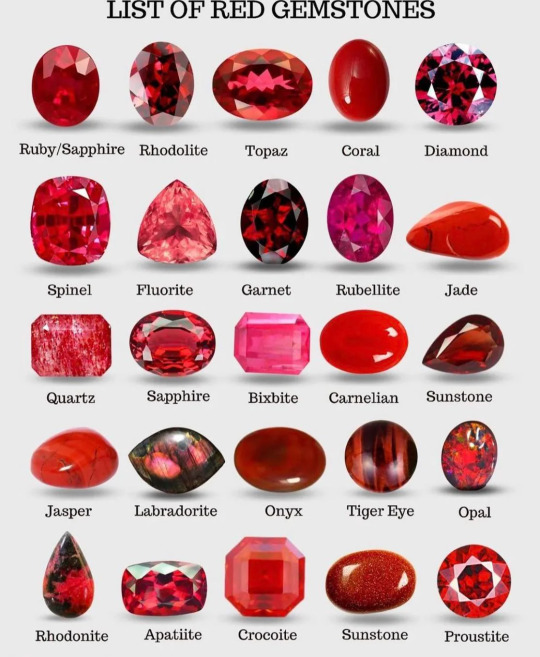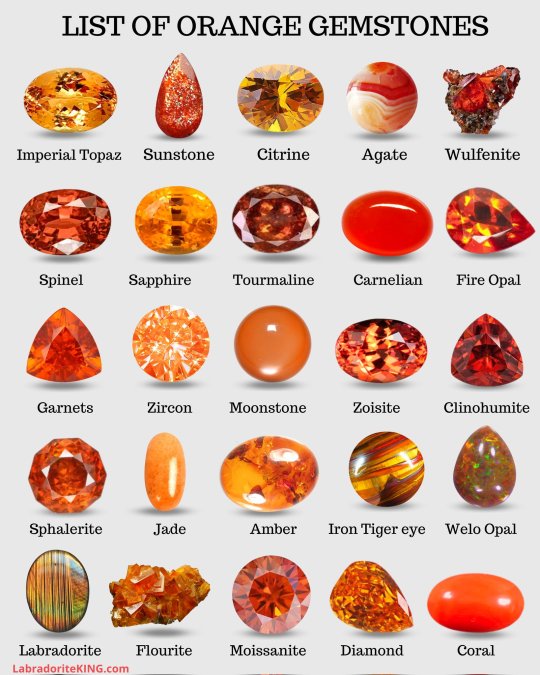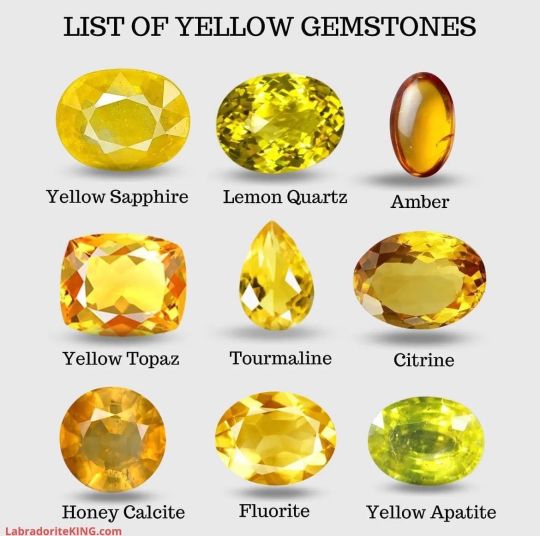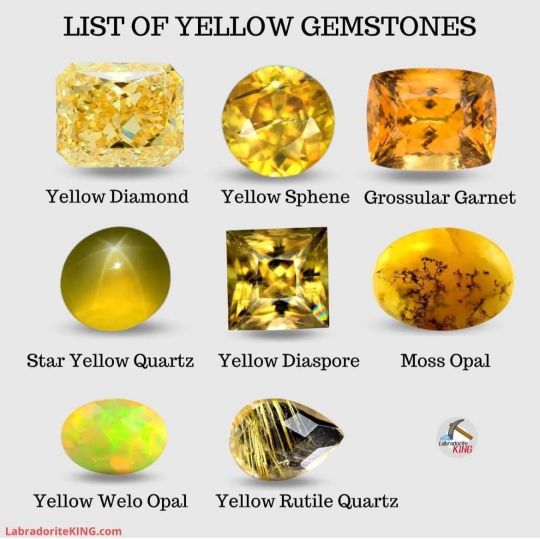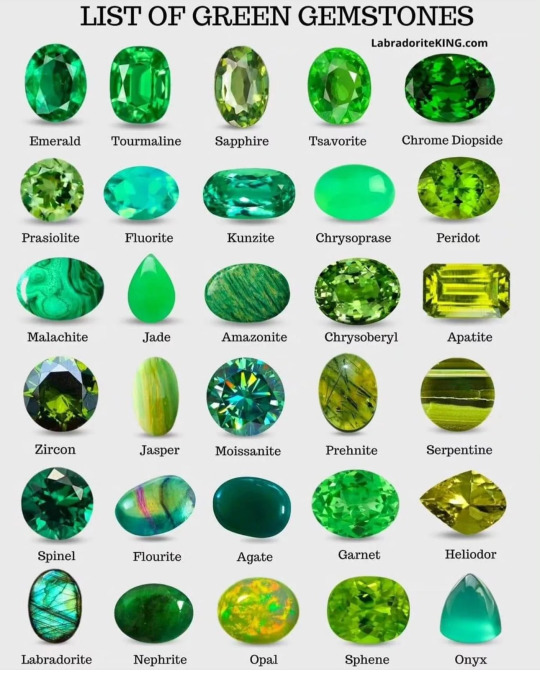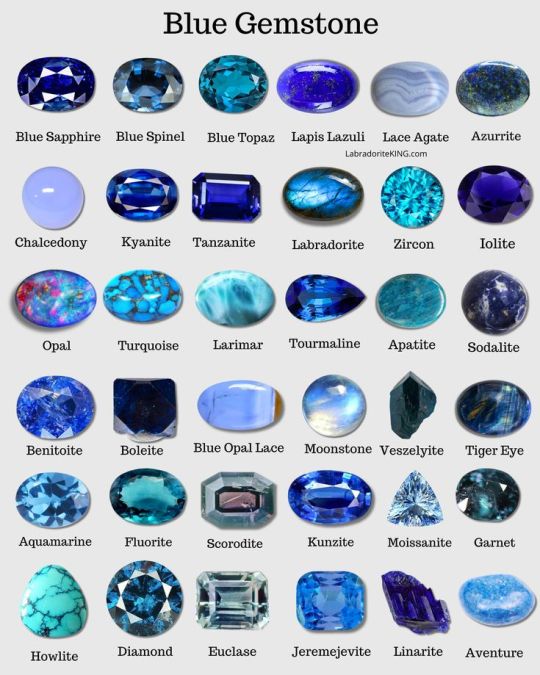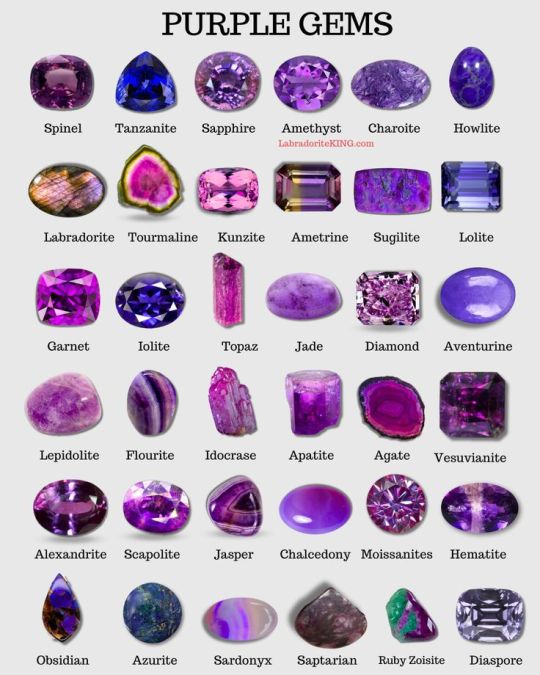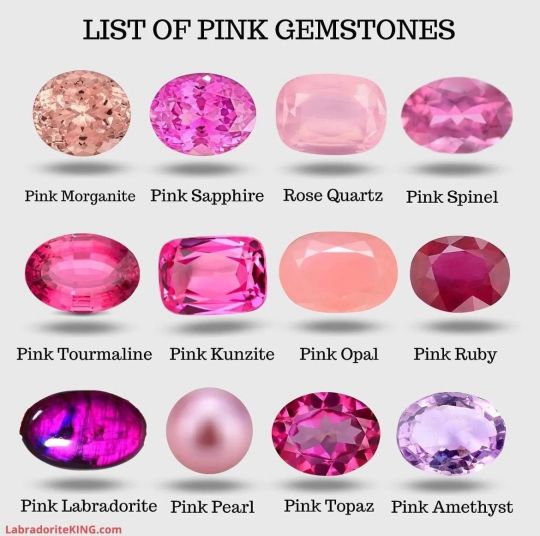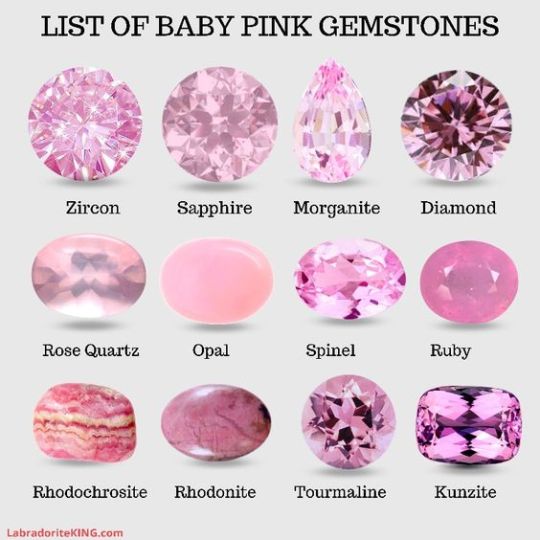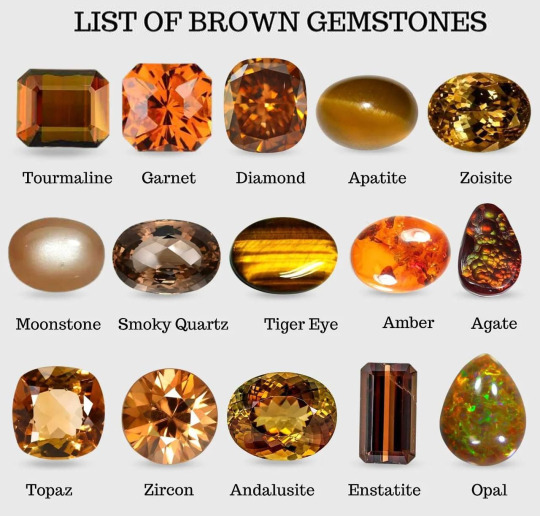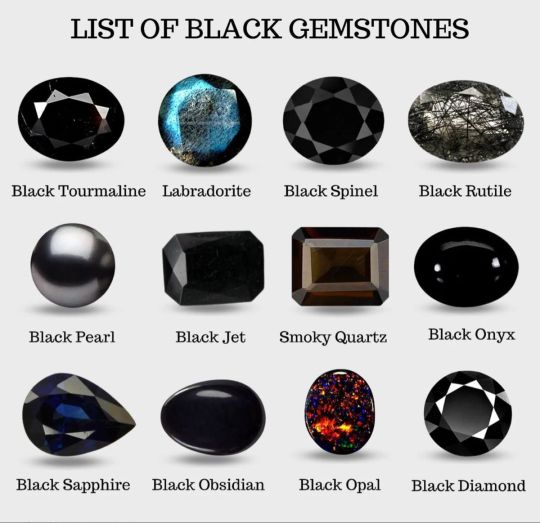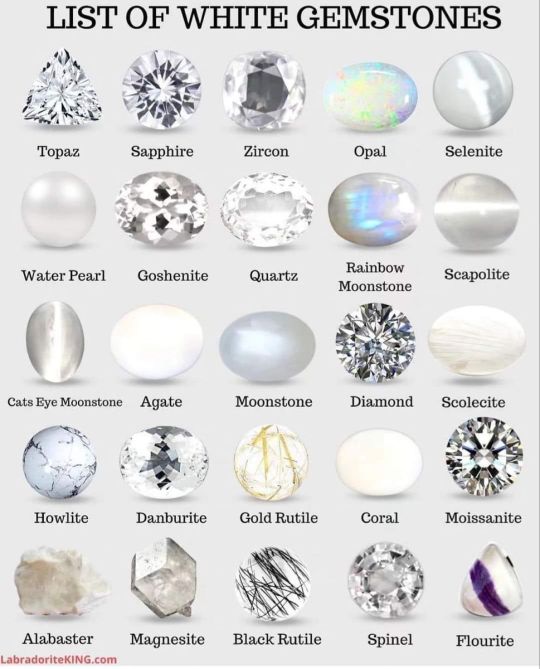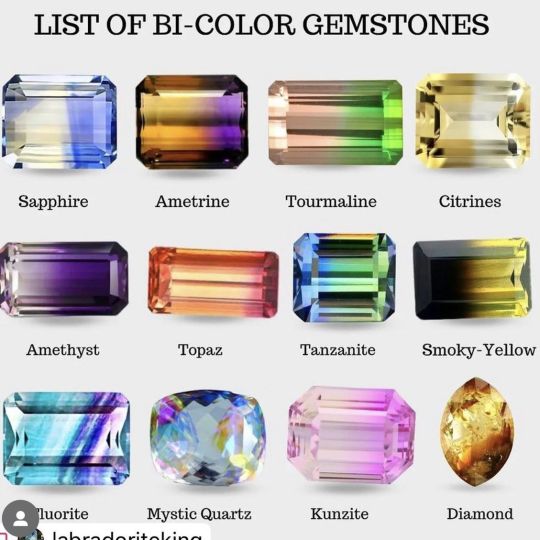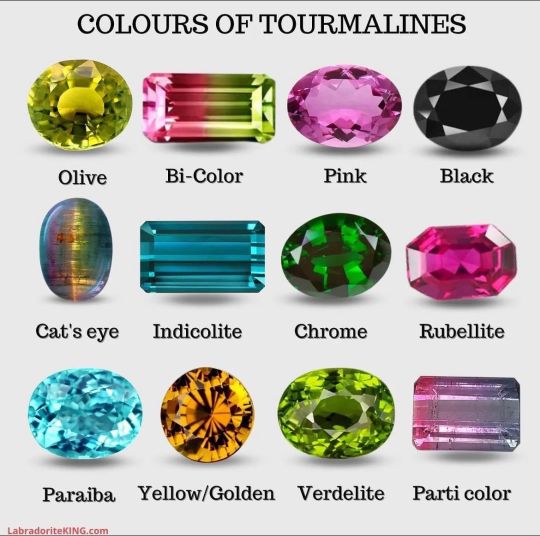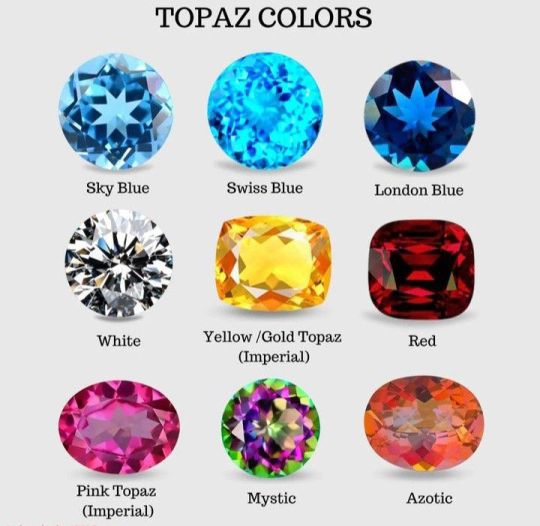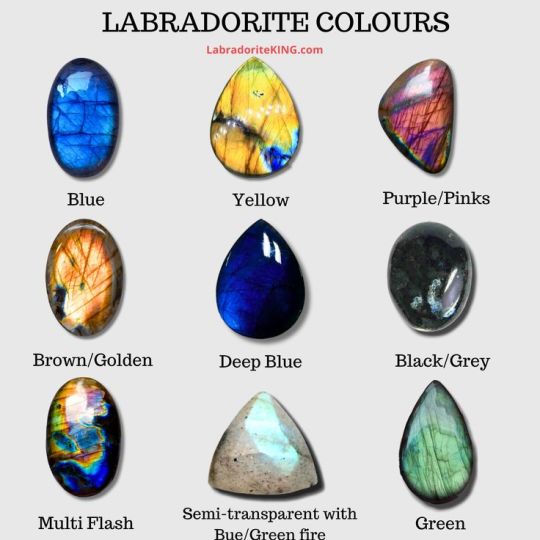A blog for collecting different kinds of eyes, hair, clothing styles, general inspiration, etc. I DON'T CHECK THE LINKS, so idk about how legit any are.)
Don't wanna be here? Send us removal request.
Text
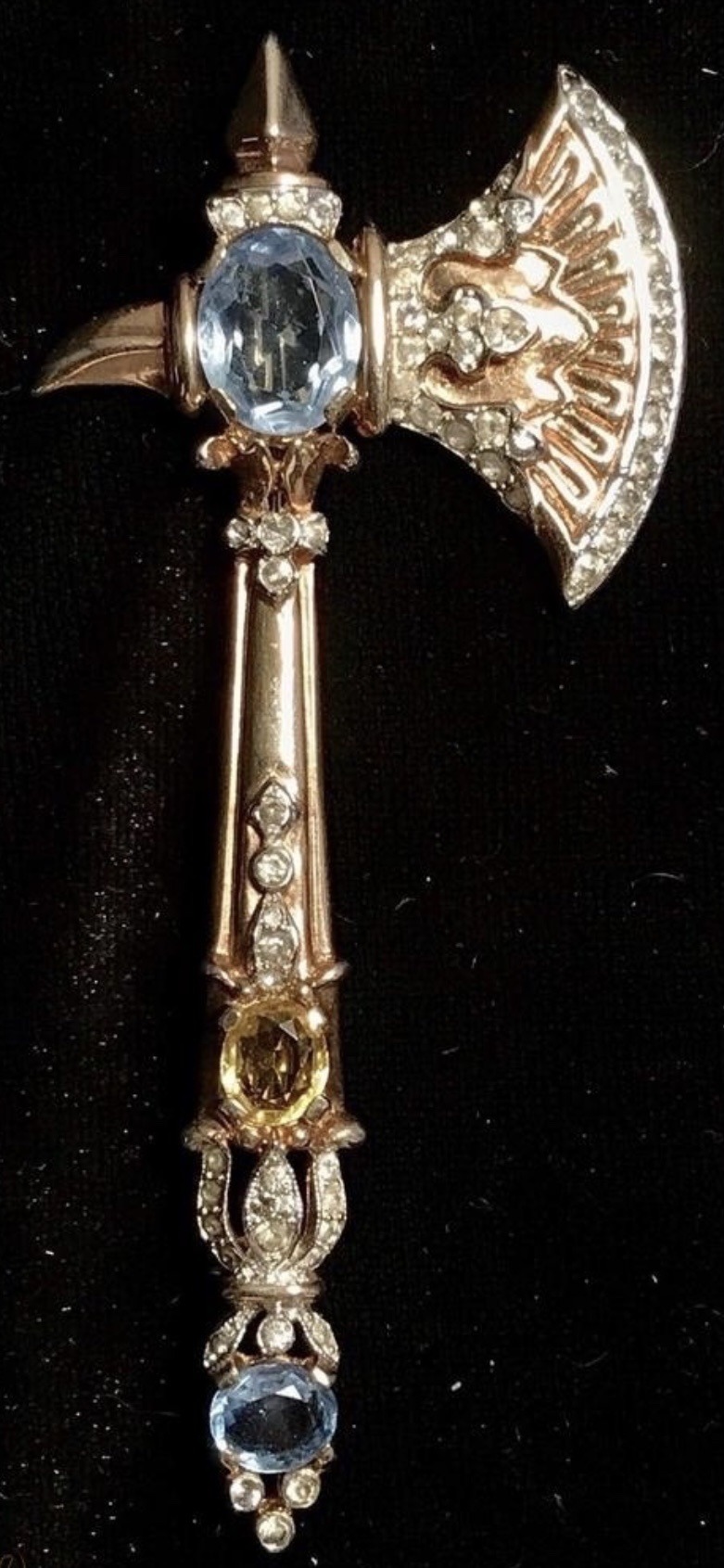
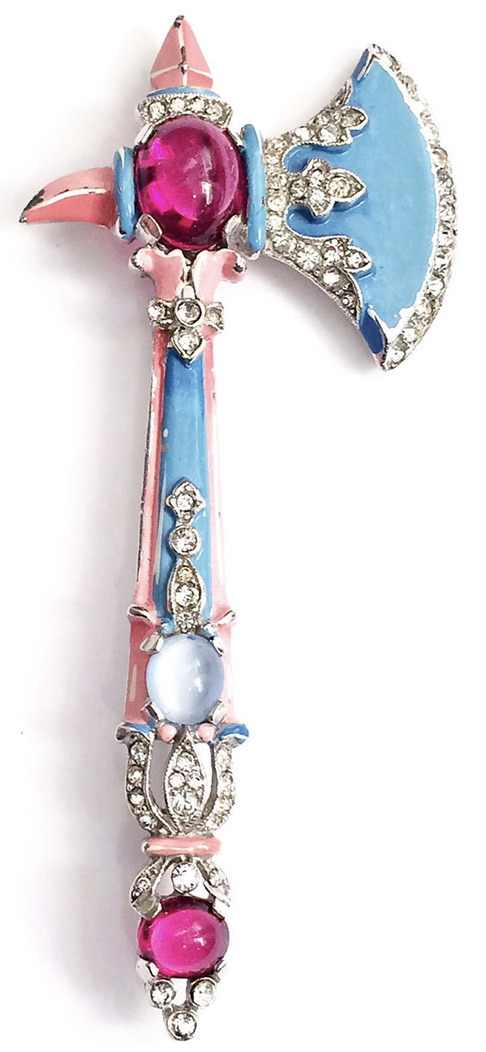
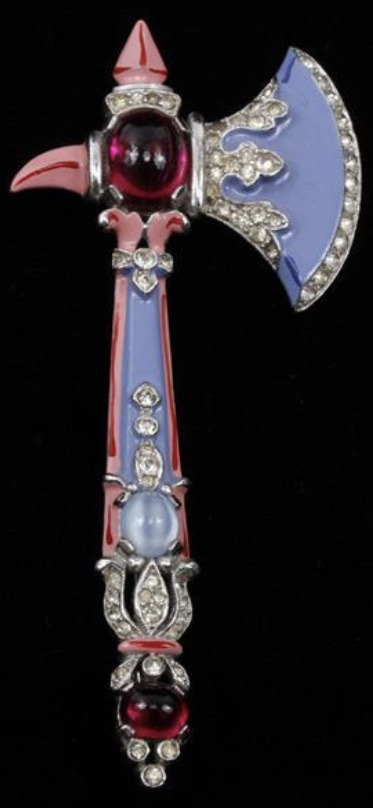
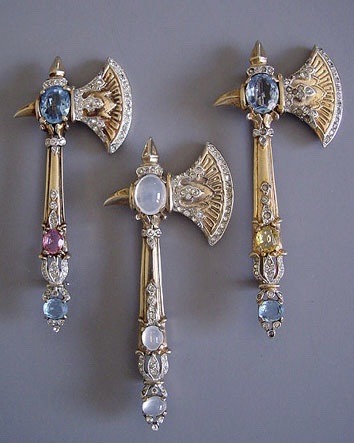

Trifari axe brooches designed by Alfred Philippe, 1941.
17K notes
·
View notes
Text

To get the FREE MONTHLY How to THINK When You Draw digital MAGAZINE (including NEW tutorials, a YEAR before they appear online!) just send “Magazine, please!” to [email protected]
Lorenzo!
236 notes
·
View notes
Text
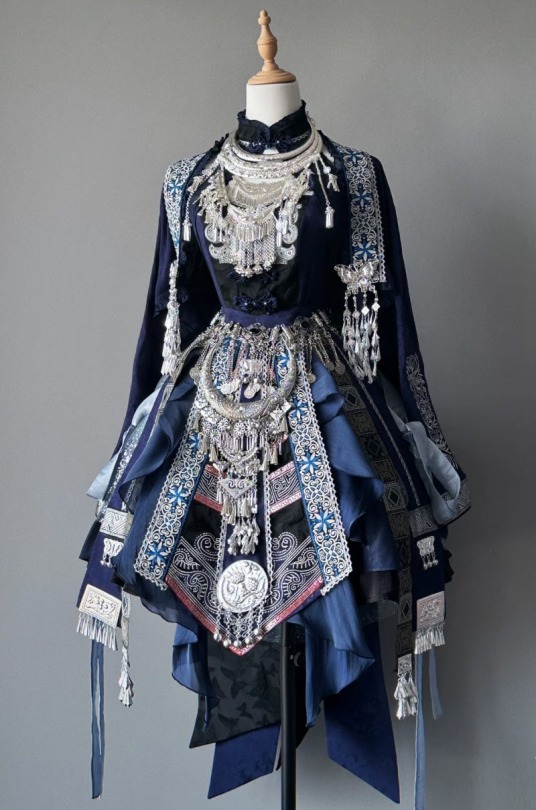



This dress set is inspired by the clothing of the Miao ethnic minority in China. If this dress set is eventually produced and sold, you can find it here >>> https://www.lolitawardrobe.com/search/?Keyword=Qi+Lolita
594 notes
·
View notes
Text






• Dinner Dress.
Date: 1890-1895
Place of origin: Great Britain or France
Medium: Jacquard-woven silk dress with black ground and pattern of oranges, and black machine-made lace and silk ribbon panels in front.
11K notes
·
View notes
Text
chinese fashion by 古怪舍
523 notes
·
View notes
Text




ENJOUÉ COLLECTIF Rosé Outfit if you want to support this blog consider donating to: ko-fi.com/fashionrunways
375 notes
·
View notes
Text
personally i think dragons, dinosaurs, and avian creatures would sleep in these. its kinda like a nest

5K notes
·
View notes
Text
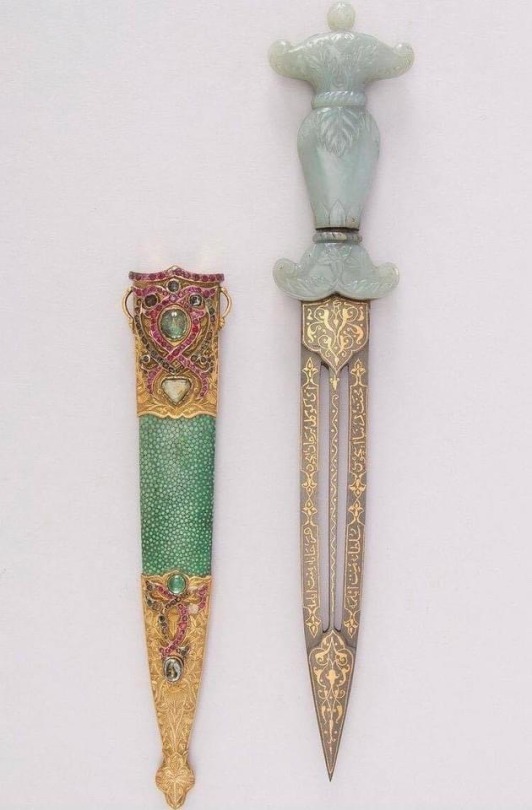
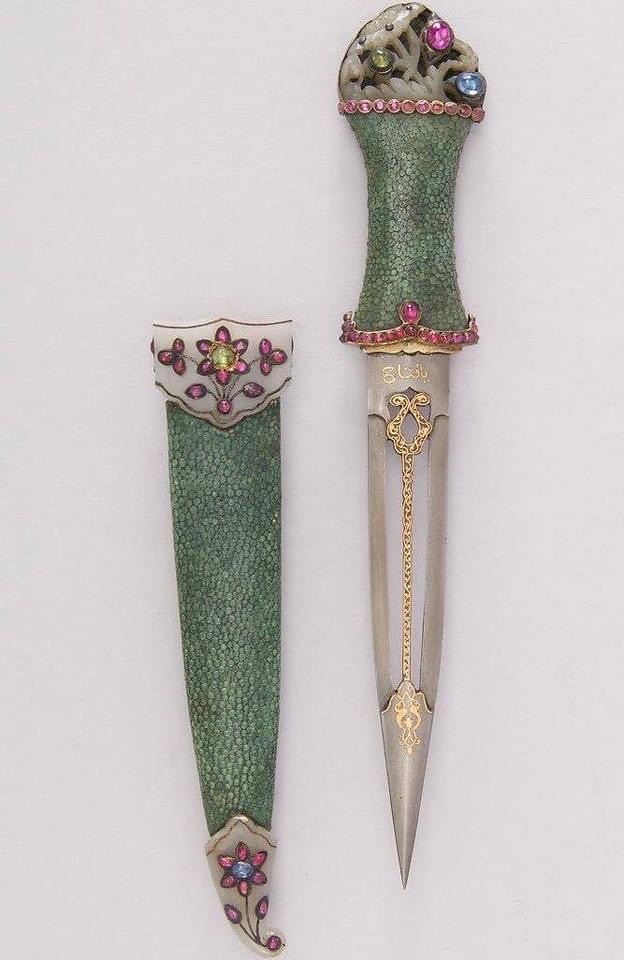
18th century ottoman and indian dagger w sheaths
50K notes
·
View notes
Text

Court presentation dress ca. 1890
From the Kyoto Costume Institute
2K notes
·
View notes
Text








CREATING BLUEY - Tales from the Art Director
Chapter 2 - We dive into the nuts and bolts of how Bluey is designed
FREE on Substack
3K notes
·
View notes
Text


Chotronette 'Celestial Armour' Gown
10K notes
·
View notes
Note
How would steering a Pegasus work? I see that often when you draw them they don’t have any bridles or reins. I can understand that because you can’t give the pegasi cues to go up or down like that. Is it something on the saddle maybe. Is it more like the dragons in httyd where the rider kind of uses their grip on the saddle and leaning their weight to steer?
Hi! Great question!
Yeah, the main way to steer a pegasus is weight shifting. This is similar to real-life riding where there's seat weight vs stirrup weight, and where that weight is in the saddle speaks volumes to the horse. A rider can give many cues through seat weight, and seat weight is often combined with other cues to execute complex moves. In fact, many horses can be cued with seat and leg cues alone, with no need for bit cues. I'm not against bit cues at all, but I default to seat and leg cues with my own horse because 1) I know he can and 2) the less I can cue his mouth, the softer his mouth is, and when I do cue the mouth, he knows something is important.
In my mind, a pegasus works on that same principle.
A saddle and pilot are positioned like this:

A pilot sits with their knees on the meaty part of the wing base:

Another view, including the heel slings, which are important to steering:

NOW for steering, pilots use their knees, their toes, and sometimes their hands:
Rolling the pegasus, angling the wings up and down, is done all with the knees and pilot weight shifting.
Pitch (nose up and down) is controlled with mostly toe cues, with some weight cues. Toe cues are more subtle.
Yaw (tail side to side) is controlled by a combo of everything, including hands.

Hope that helps!
~ Larn
603 notes
·
View notes
Text
upgrade version (cr 小风车手工)
1K notes
·
View notes
Text






We Still Have The Jackets, Trousers and Jeans Shown In The Photos In Stock
◆ Shopping Link (very limited quantity) >>> https://lolitawardrobe.com/search/?Keyword=heiyangguanmu-
700 notes
·
View notes

